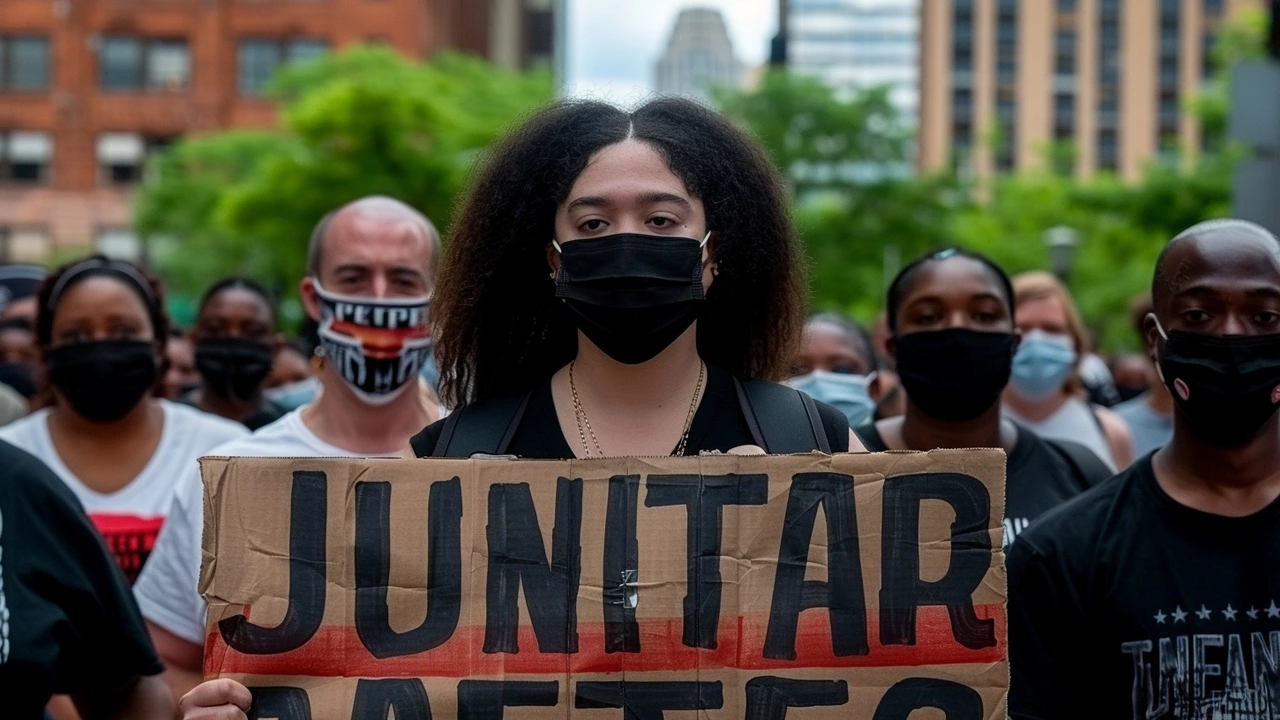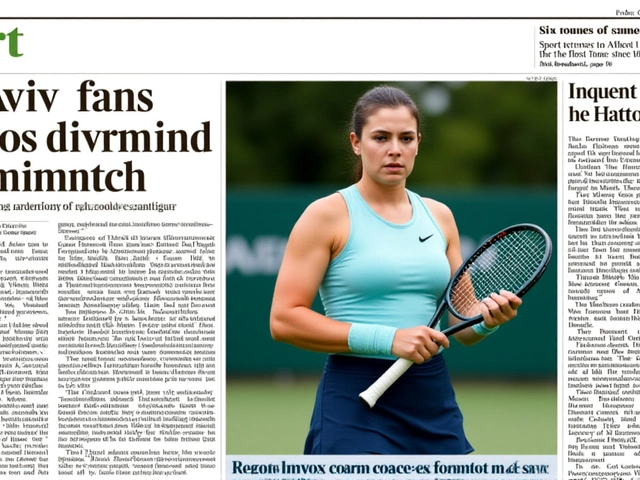What the Voting Rights Act Really Does
Ever wonder why the Voting Rights Act (VRA) still shows up in headlines? It’s because the law fundamentally changed who can vote in the United States. Passed in 1965, the VRA was a direct response to widespread voter suppression against Black Americans in the South. It gave the federal government the power to step in when states tried to block eligible voters.
At its core, the VRA required states with a history of discrimination to get "preclearance" before changing any voting rules. That meant the Justice Department, or a federal court, had to sign off on things like new district maps or voter ID laws. The goal? Stop subtle tricks that could keep minorities from the polls.
How the VRA Changed Elections
Before 1965, many Southern states used literacy tests, poll taxes, and outright intimidation to keep Black citizens from voting. The VRA outlawed these tactics and forced states to register all eligible voters, no matter their race. As a result, voter registration among Black Americans jumped from roughly 60% to over 90% within a few years.
That surge reshaped politics. Candidates had to listen to a broader electorate, and we saw the first Black members of Congress elected from the South. The law also set a precedent for later civil‑rights legislation, showing that the federal government could enforce fairness in elections.
Current Challenges and the Future
In 2013, the Supreme Court’s decision in Shelby County v. Holder struck down the formula used to decide which states needed preclearance. Critics say this opened the door for new voting restrictions that can still harm minority voters. Since then, several states have passed stricter ID requirements, reduced early voting days, and closed polling places in minority neighborhoods.
Advocates argue that Congress should update the VRA’s coverage formula to reflect today’s realities. They also push for measures like automatic voter registration and restoring the Voting Rights Advancement Act, which would reinstate preclearance powers. The debate is lively, with both sides citing election integrity and voter access as top concerns.
So, why does the Voting Rights Act matter to you? It’s not just a piece of history; it’s a living tool that can protect or restrict your ability to vote. Knowing its main provisions, past successes, and current battles helps you understand how election rules affect everyday life.
Whether you’re a student, a voter, or just curious about politics, keep an eye on any changes to the VRA. The next time you hear a news story about voting laws, you’ll have the context to decide if the rule is a step forward or a step back for democracy.

Juneteenth 2023: Ongoing Legal Threats Undermine Black Participation in Democracy
As Juneteenth is celebrated, legal threats to Black participation in democracy continue to persist. Despite progress in the fight for racial equality, voter suppression tactics like ID laws, roll purges, and limits on early voting disproportionately impact Black communities. The weakening of the Voting Rights Act and gerrymandering further exacerbate these challenges, calling for urgent protection of Black voting rights.
View More



